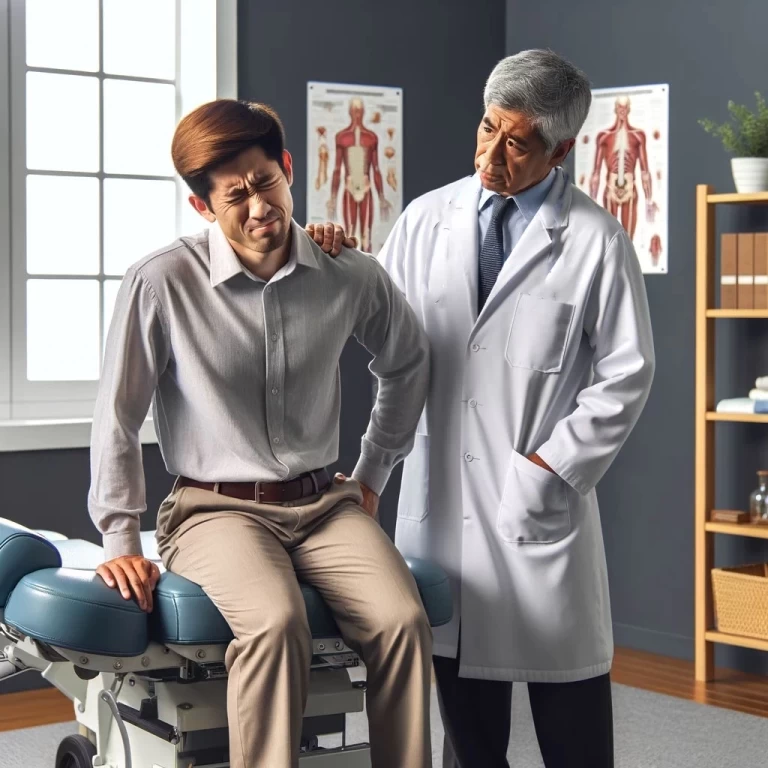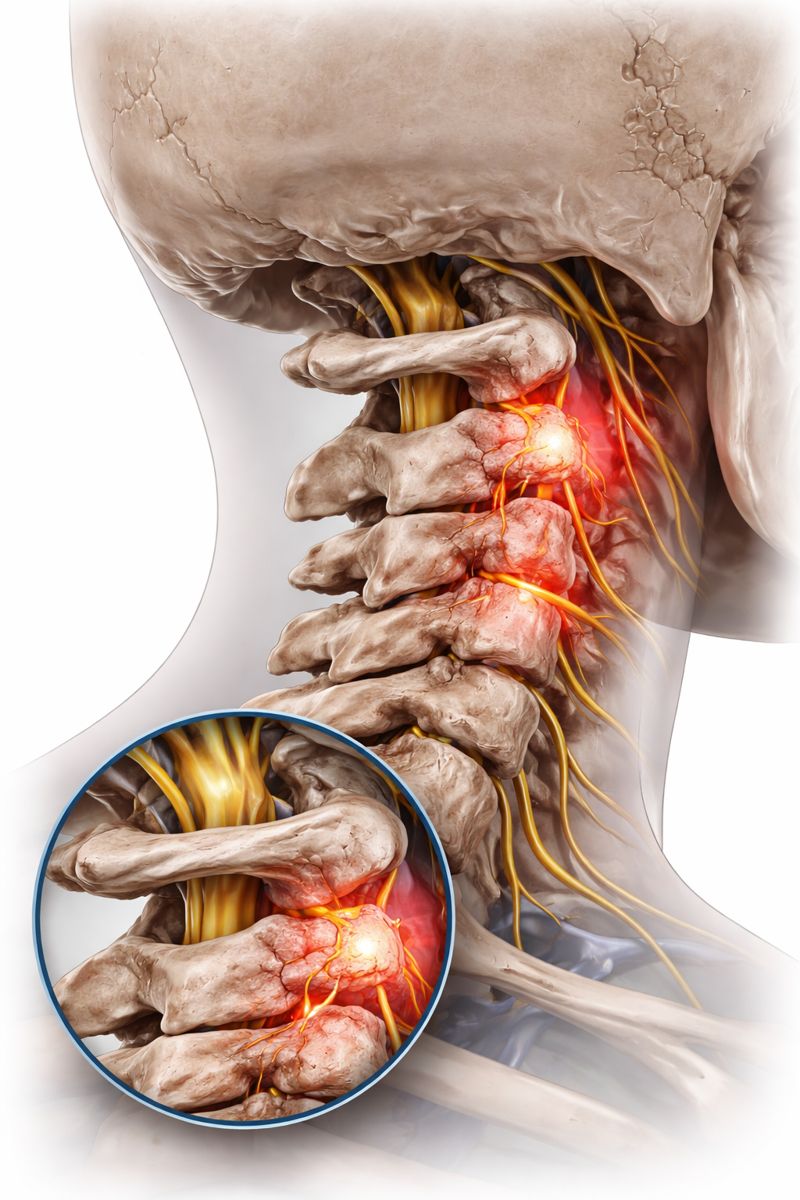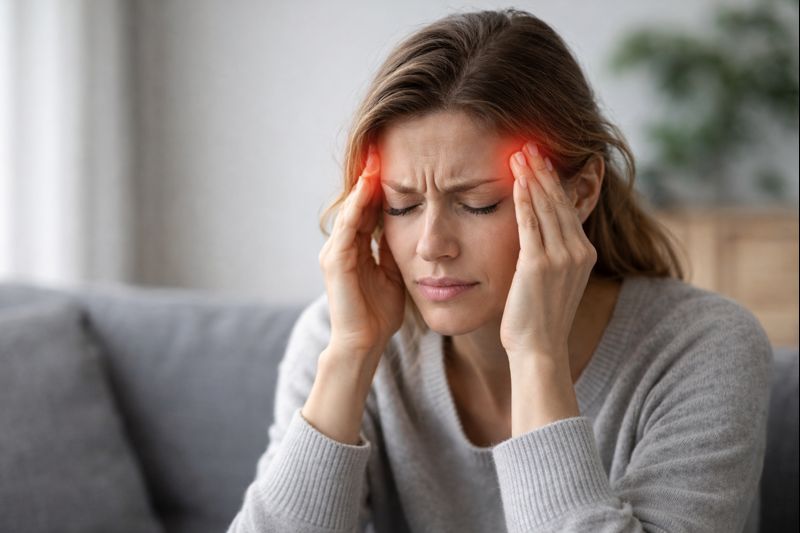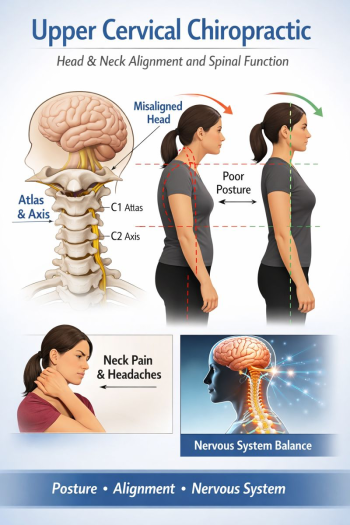
Hip pain is a common ailment that affects many individuals, ranging from the elderly to active athletes. It can be caused by a variety of factors, including arthritis, injuries, or misalignments in the body. Traditional treatments often focus on the hip itself, but an emerging approach involves addressing the upper cervical area of the spine. This blog explores how upper cervical chiropractic care can be a pivotal part of managing and potentially alleviating hip pain.
Understanding Hip Pain
By downloading the Digital Patient Chart mobile app you can better control your patient portal.
The hip joint, one of the body's largest joints, bears substantial weight and is pivotal for many movements. Pain in this area can severely limit mobility and quality of life. Common causes of hip pain include:
- Osteoarthritis: Often seen in older adults, this condition results from wear and tear.
- Injuries: Such as fractures or sprains.
- Overuse: Repeated motions can irritate or inflame the hip joint.
- Referred Pain: Pain from other areas of the body, such as the back or knees, can manifest in the hip.
The Cervical Spine Connection
The spine is a complex structure, and issues in one area can affect other parts. The upper cervical spine, consisting of the first two vertebrae near the skull, plays a crucial role in the overall alignment and neurological health of the body. Misalignments here, known as subluxations, can disrupt nerve pathways and lead to dysfunction and pain in distant areas, including the hips.
How Upper Cervical Chiropractic Works
Upper cervical chiropractic care focuses on correcting subluxations in the upper neck area. This specialized form of chiropractic care involves precise techniques that are different from general chiropractic manipulations. Key aspects include:
- Precision X-rays: To determine the exact alignment of the cervical vertebrae.
- Gentle Adjustments: Techniques methods use minimal force but are highly precise.
- Holistic Approach: Emphasizing the body's inherent ability to heal and maintain balance.
Benefits for Hip Pain
By restoring proper alignment to the upper cervical area, this approach can have several benefits for those suffering from hip pain:
1. Improved Nerve Communication: Reducing interference in nerve pathways can help alleviate pain and improve functions throughout the body.
2. Reduced Strain on the Body: Correct alignment can decrease compensatory movements that exacerbate hip pain.
3. Enhanced Mobility: As alignment improves and pain decreases, mobility often increases.
4. Preventive Care: Regular adjustments can help prevent the recurrence of issues.
Patient Success Stories
Many patients report significant improvements in hip pain after undergoing upper cervical chiropractic care. For example, a middle-aged runner was able to return to training after chronic hip pain was alleviated through targeted cervical adjustments. Another patient, suffering from hip pain due to a previous accident, found relief after other treatments had failed, underscoring the interconnected nature of the body’s musculoskeletal system.
Scientific Support
Research into upper cervical care is ongoing, but several studies have highlighted its potential benefits. A study published in the Journal of Chiropractic Medicine found that cervical adjustments significantly reduced pain in patients with hip osteoarthritis, suggesting that spinal health directly impacts hip function.
Integrating Care
For those considering upper cervical chiropractic care for hip pain, it's crucial to consult with a healthcare provider knowledgeable in both musculoskeletal health and this specialized chiropractic field. Integration with other treatments, such as physical therapy or medication, may also be beneficial.
Conclusion
Hip pain can be debilitating, but exploring all avenues of care, including upper cervical chiropractic, may provide relief and a return to normal activities. By focusing on the health of the entire spine, particularly the cervical region, patients may find significant improvements in their hip pain and overall well-being.









Leave a comment